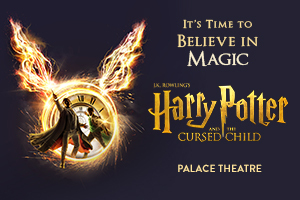Novelists writing for the stage – does it work?
A look at the challenges of being both a playwright and a novelist at once
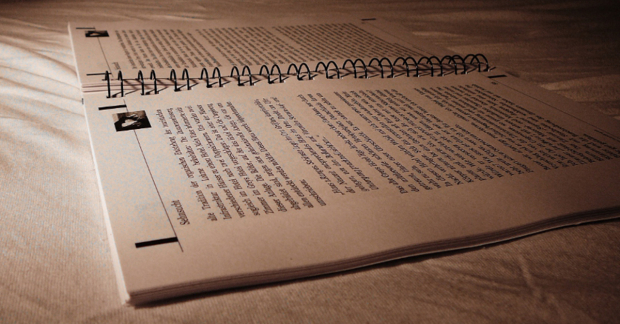
© Sven/Flickr (CC BY 2.0)
The relationship between book authors and the stage has always been a slightly troubled one. A feeling still lingers that a writer capable of crafting fantastic novels ought to be able to turn their hand to plays and vice versa, as if the two art forms share an identical tool kit. Yet by the same logic, poetry should also be thrown in the mix – we can start expecting all writers to be able to spin three plates as opposed to mastering one.
Of course, the reality of this situation is more complicated and the list of failed novelists-turned-playwright attests to the challenge of succeeding in both disciplines. Thinking about the two forms at a purely mechanical level, it is evident that in moving from book to play, a writer has the tools at their disposal severely distilled. Playwrights have dialogue and stage direction alone to create a convincing story, without the luxury of using characters' thought or general description to flesh out their fictional world.
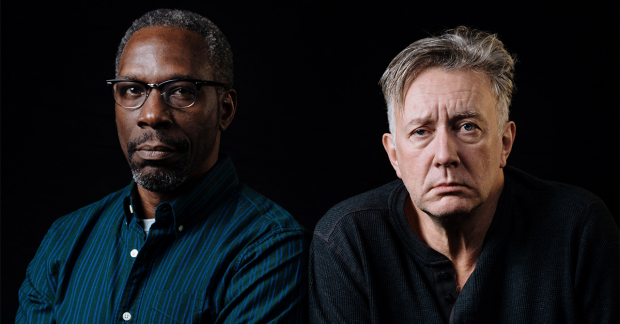
© Helen Murray
Even if a talented novelist is able to make the jump and create a tangible stage production, there is no guarantee that it will be interesting to read – conversation between characters is an art in itself. Cormac McCarthy's The Sunset Limited, currently showing at the Boulevard Theatre, is a perfect example of this. McCarthy is one of the great American novelists but his 2006 play is generally glossed over in favour of the rest of his work. Famously ascetic with words in general, but particularly with dialogue, some of the exchanges between father and son in The Road for example were the subject of savagery in both my A-level class and the wider Twittersphere for their "simplicity' (read: boring). Would it be a surprise then if the conversations in Sunset – between two characters in a single flat – come across as dull?
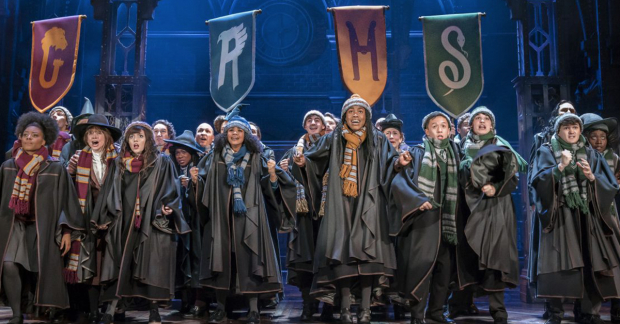
© Manuel Harlan
It is this type of problem that partially explains JK Rowling's decision to be one part of a wider writing team for a project such as Harry Potter and the Cursed Child, sharing credits with John Tiffany and Jack Thorne. The latter has had a highly successful career as a screenwriter and playwright, so it made perfect sense to give him control of the script's nuts and bolts. Rowling could then focus on coming up with the type of wonderfully creative ideas that has made Harry Potter what it is today. The show's success speaks for itself.
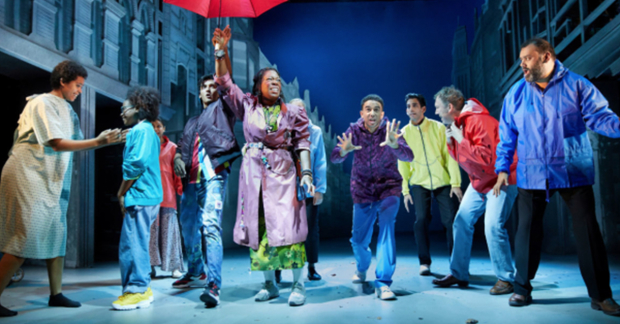
© Marc Douet
There does exist however a level of crossover appeal associated with novelists on the stage that transcends those type of problems that have been laid out. And if McCarthy released another play tomorrow I would be first in line to watch it – the opportunity to see a favourite writer explore different mediums is intriguing. Similarly, when fans of Zadie Smith heard that her debut play The Wife of Willesden will be playing at the Kiln Theatre later this year, I doubt too many of them were instantly worried about whether her immense skills as a novelist will translate to the stage. This is the beauty of theatre – to be there if and when it does all come off.


